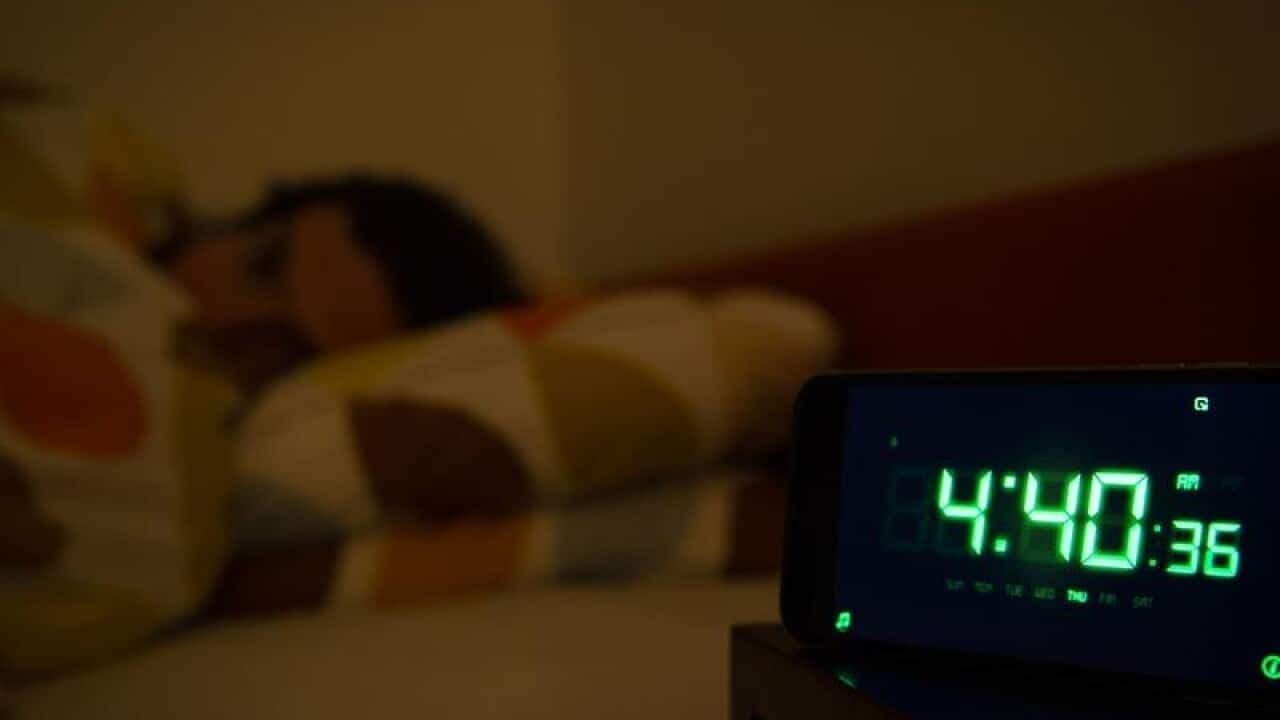Imagine having the power to turn nightmares into sweet dreams or make sweet dreams even sweeter.
It sounds like fantasy but a study at the University of Adelaide has worked out how to help put dreamers in the driver's seat.
Dr Denholm Aspy has found three relatively simple techniques - one in particular - can increase people's chances of having lucid dreams.
Lucid dreams are the kind in which dreamers are aware they're dreaming. And with awareness comes the possibility of dream control.
His findings hold great promise for people plagued by nightmares but also for anyone who wants to have more fun in bed, so to speak.
Dr Aspy studied 169 Australian volunteers divided into three groups.
The first practised reality testing - a physical breathing check to see which reality they were in - the dream world or waking life.
The second used a technique called "wake back to bed", which involved waking after five hours for a short time and then going back to sleep for the latter hours of the sleep cycle when dreaming most commonly occurs.
The final group did both of those things but added another technique known as mnemonic induction of lucid dreams or MILD for short.
After waking at the five-hour mark, volunteers had to repeat phrases such as: "The next time I'm dreaming, I will remember that I'm dreaming."
And that's where the most exciting findings emerged.
The volunteers who told themselves they would remember their dreams achieved a 17 per cent success rate in having lucid dreams - the kind that can be controlled.
That spiked to 46 per cent in those able to go back to sleep within the first five minutes of completing the MILD technique.
Dr Aspy says people who know they're in the middle of a dream can then work on controlling what's happening in it.
"You'll remember that intention to remember your dream, you'll look around and notice that you are dreaming, and that allows you to then try to control the dream," he explains.
"Initially people may have limited control within the dream environment. But with more practice you can stay in a lucid dream for half an hour or even an hour, with a high level of control over your dream environment."
Dr Aspy says his findings are potentially life changing for people who have nightmares, a common affliction for sufferers of Post Traumatic Stress Disorder.
"They are notoriously difficult to treat, these nightmares," he says.
"Lucid dreaming allows people to take control of nightmares. They might be able to confront an attacker in a dream and try to gain resolution or even deliberately wake themselves up. You can basically do anything you can imagine."
Dr Aspy's study has been published in the journal Dreaming.

